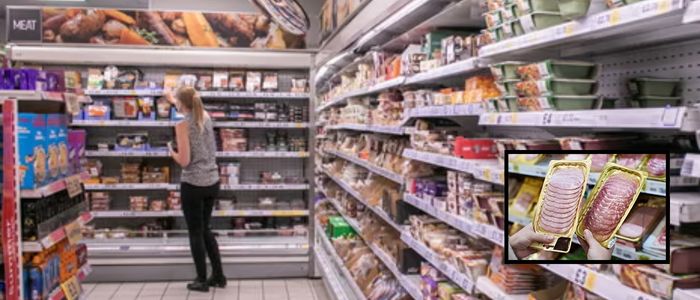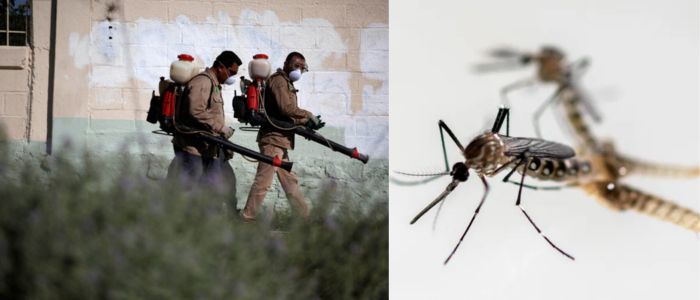Despite public awareness and scientific concerns, items from brands such as Tesco, Marks and Spencer, Sainsbury's, Morrisons, and Asda continue to show the presence of nitrites—compounds used to preserve meats but also linked to increased cancer risks.
A recent analysis of 21 meat products revealed that all contained nitrites. Tesco's Wiltshire ham showed the highest concentration at nearly 33 milligrams per kilogram.
This was significantly higher than its cooked ham at 2.88mg/kg and its unsmoked bacon at 8.64mg/kg. The nitrite level in the Wiltshire ham was almost 18 times more than Morrisons's bacon, which had only 1.84mg/kg.
Other Wiltshire ham samples also showed high levels, including M&S at 28.6mg/kg, Sainsbury's at 21.1mg/kg, and Morrisons at 19.2mg/kg. Asda's version was comparatively lower at 8mg/kg.
Cancer Risks and Growing Concern
Health and food safety campaigners have expressed alarm at the findings, calling for a ban on nitrites in meat products. Cancer charities continue to stress that processed meats like ham, bacon, and sausages can increase the risk of bowel cancer.
An estimated 13% of the 44,100 annual bowel cancer cases in Britain are linked to processed meat consumption.
The research was commissioned by the Coalition Against Nitrites and tested by Food Science Fusion and Rejuvetech. Although all 21 samples fell below the legal limit of 150mg/kg, the campaigners argue that the levels remain unnecessarily high and pose long-term health risks.
According to the Coalition, which includes experts in food safety and medicine, it is alarming that these chemicals are still widely used nearly a decade after being classified as harmful.
The reason Wiltshire ham contains such high nitrite levels is due to its preparation process.
Pork is first injected with nitrates and then soaked in a solution of brine and nitrites, which gives the meat its red color and extends shelf life. During this process, a chemical reaction turns nitrates into nitrites.
Call for Safer Alternatives
Prof Chris Elliott, a leading food safety expert, stated that the continued presence of nitrites in UK meat products is unnecessary and called for urgent steps to find safer alternatives.
In response to these concerns, some food companies, such as Waitrose and Finnebrogue, have already introduced nitrite-free bacon options.
Dr Rachel Orritt from Cancer Research UK emphasized that eating processed meat increases bowel cancer risk, noting that nitrites can cause cell damage. Dr Giota Mitrou, director of research and policy at the World Cancer Research Fund, also advised consumers to limit or avoid processed meats entirely.
A spokesperson from Tesco said that their products comply with all UK and EU safety standards, and the use of nitrites is controlled to balance safety and shelf life.
The British Retail Consortium added that food safety is a top priority and supermarkets follow strict guidelines to ensure products meet legal requirements.
Despite falling within legal limits, experts argue that the current use of nitrites in processed meats may still pose serious health risks, urging both the industry and regulators to take action to protect public health.
Health

High Levels of Nitrites Found in UK Ham Products

Almost ten years after health warnings were issued about the dangers of nitrites in processed meats, several ham and bacon products sold in major UK supermarkets still contain these chemicals.















